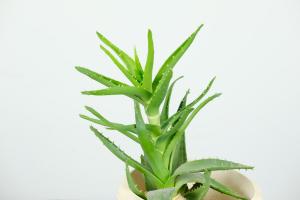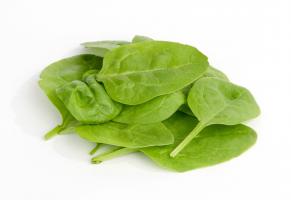Is Plant Protein Powder Good for You?
Protein is an essential nutrient that is required for the proper functioning of our body. It helps in the growth and repair of tissues, building and maintaining muscles, and keeping our bones strong. While most people get their protein from animal sources, plant protein is gaining popularity among fitness enthusiasts and health-conscious individuals. Plant protein is obtained from sources like soy, peas, rice, hemp, and others. One of the ways of consuming plant protein is through protein powders. This article will discuss whether plant protein powder is good for you or not.
What are Plant Protein Powders?
Plant protein powders are made from various plant sources that are rich in protein. These include soy, pea, brown rice, hemp, and others. The protein is extracted from these sources, purified, and dried to form a fine powder. Plant protein powders are a convenient way of getting your daily dose of protein without having to eat meat or dairy products. They are popular among vegans, vegetarians, and people who are lactose intolerant.
The Benefits of Plant Protein Powder
There are several benefits of consuming plant protein powder, some of which are listed below:
Easy to Digest: Plant protein powders are easy to digest compared to protein obtained from animal sources. They contain fewer fats and complex carbohydrates, making them easier to break down and absorb.
Complete Protein Source: Most plant protein powders are complete protein sources, which means they contain all the essential amino acids required by the body for building and repairing tissues.
Lower in Saturated Fat: Plant protein powders are lower in saturated fat compared to animal protein sources like beef, pork, and poultry. This makes them a healthier option for people who are watching their cholesterol levels.
Rich in Fiber, Vitamins, and Minerals: Plant protein powders are rich in fiber, vitamins, and minerals that are essential for the proper functioning of our body. They contain antioxidants that help in fighting inflammation and reduce the risk of chronic diseases like heart disease, diabetes, and cancer.
Suitable for People with Allergies: Plant protein powders are suitable for people with allergies to dairy, egg, and other animal products. They are also suitable for people who are following a vegan or vegetarian diet.
Side Effects of Plant Protein Powder
While plant protein powders offer several benefits, there are some side effects that one should be aware of. These include:
Stomach Upset: Some people may experience stomach upset, bloating, or gas after consuming plant protein powders. This could be due to their high fiber content, which may be difficult to digest for some people.
Heavy Metals: Some plant sources like rice and hemp may contain heavy metals like arsenic and lead. This could be due to their growing conditions or the soil they are grown in. To avoid this, it is important to choose plant protein powders that are tested for heavy metals.
Calorie Intake: Plant protein powders are low in calories compared to animal protein sources. This could be a problem for people who are trying to gain muscle mass or maintain their weight. In such cases, it is important to consume plant protein powders along with other high-calorie foods.
Conclusion
Plant protein powders are a great alternative to animal protein sources for people who are looking for a healthier and more sustainable option. They offer several health benefits and are suitable for people with allergies or dietary restrictions. However, it is important to choose the right plant protein powder that suits your needs and to consume them in moderation. As with any dietary supplement, it is always advisable to consult a healthcare professional before starting to consume plant protein powders.

 how many times do yo...
how many times do yo... how many planted tre...
how many planted tre... how many pine trees ...
how many pine trees ... how many pecan trees...
how many pecan trees... how many plants comp...
how many plants comp... how many plants can ...
how many plants can ... how many plants and ...
how many plants and ... how many pepper plan...
how many pepper plan...
































